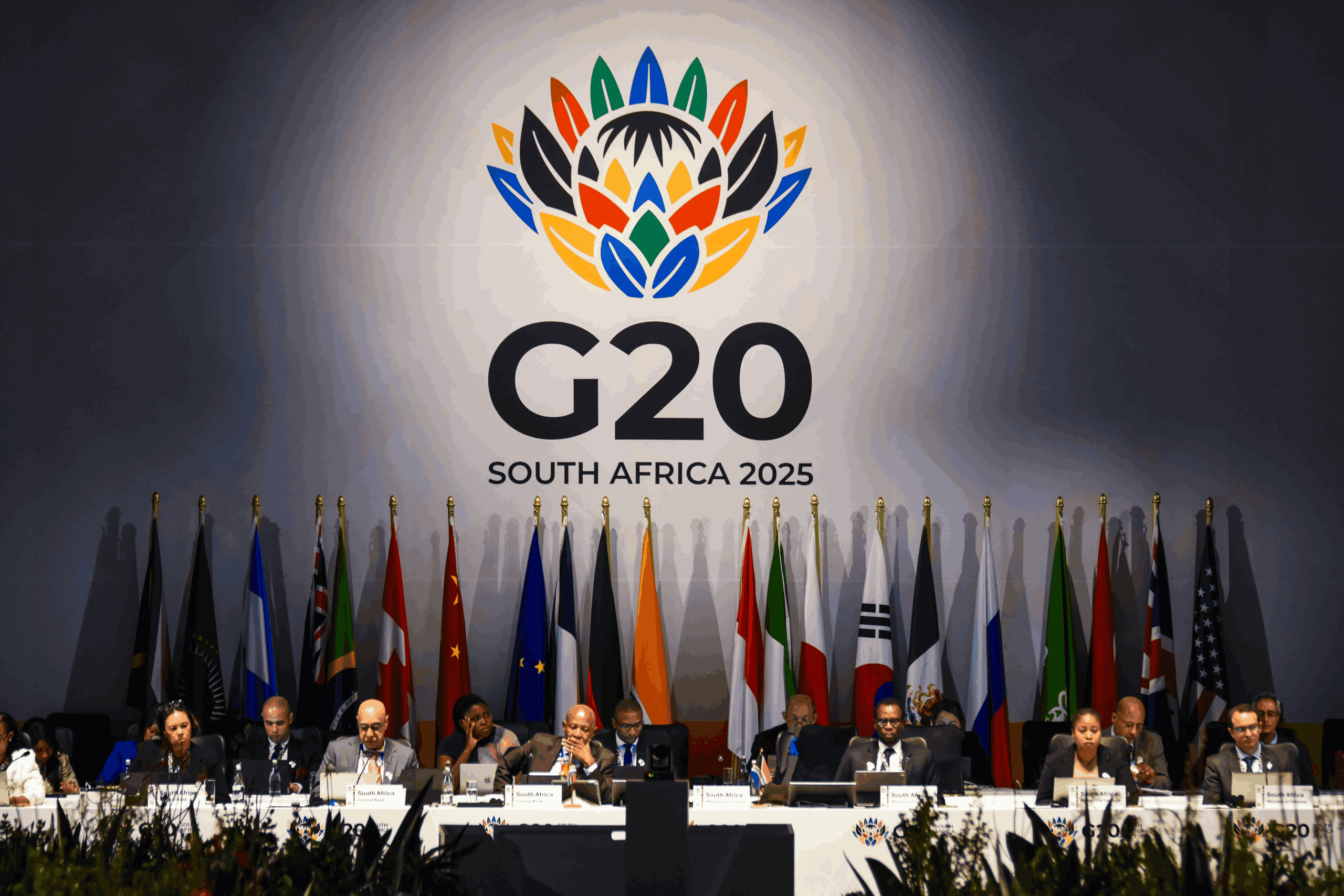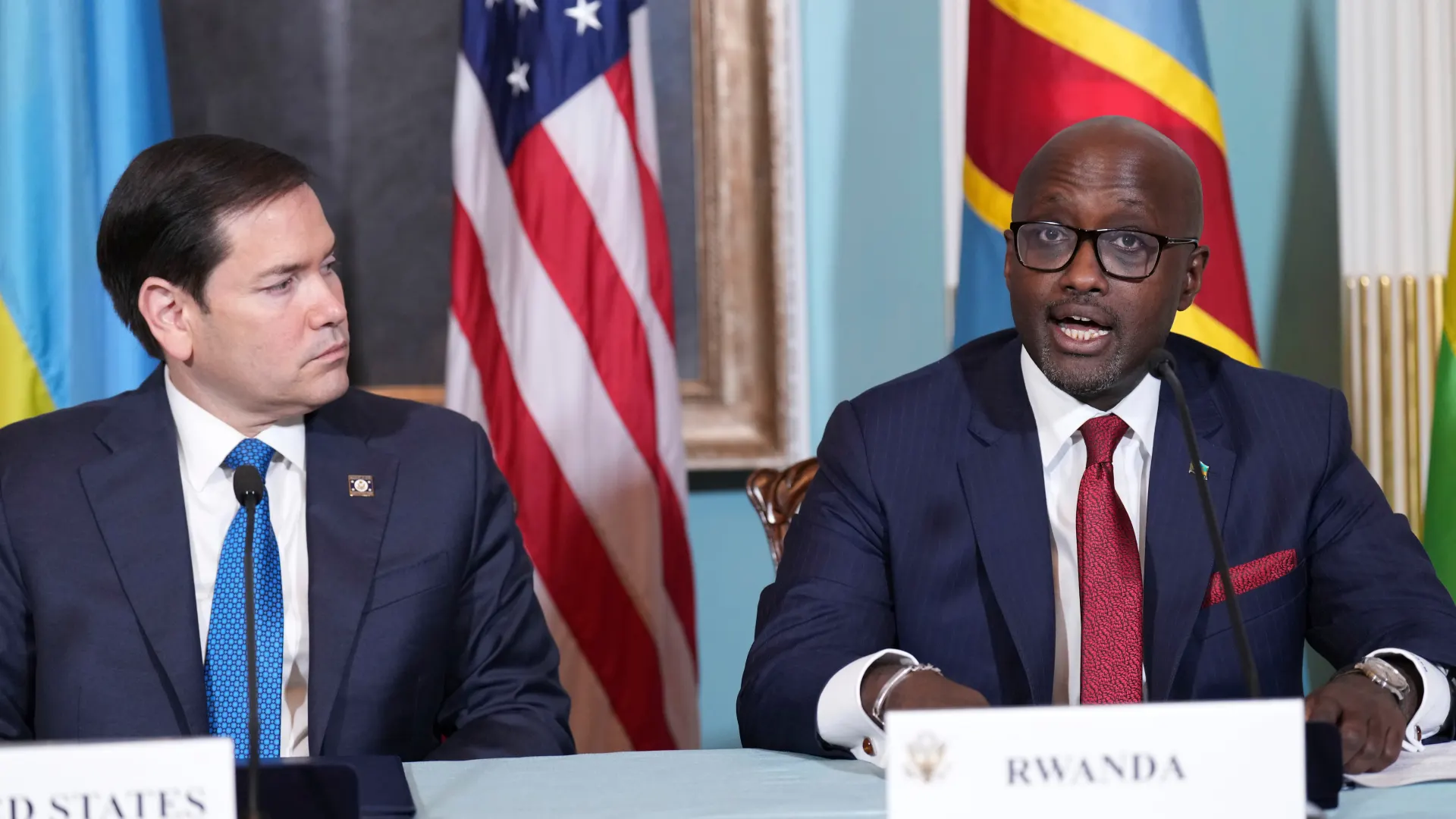

As Sudan’s 20-month-long conflict continues to devastate the country, the role of women in peacebuilding has emerged as a critical force in efforts to resolve the crisis. The war between the Sudan Armed Forces and the paramilitary Rapid Support Forces (RSF) has claimed thousands of lives and displaced millions, but amidst the destruction, Sudanese women are now stepping forward to offer their expertise in the search for peace.
A recent gathering in Nairobi brought together women from various sectors under the Civil Democratic Forces Coordination (Taqqadum), a political coalition led by former Prime Minister Abdalla Hamdok. The meeting, held under the theme “Activating the Role of Women in Ending War and Building Peace,” highlighted the significant role women must play in the peace process. Historically, women have been excluded from Sudanese peace talks, often seen as victims or sidelined from negotiations. But the Nairobi summit marked a pivotal moment in shifting this narrative, with the goal of including women not just as participants, but as leaders in the effort to end the war.
Hadia Hasb Allah, head of Sudan’s Women’s Sector lobby, emphasized that women have long been at the forefront of Sudan’s struggles for peace and stability, referencing their pivotal role in the protests that led to the overthrow of Omar al-Bashir in 2019. Today, they are channeling that same determination and resilience to end the ongoing violence. The initiative aims to broaden the conversation around peace, focusing on addressing governance and political issues that have contributed to the conflict’s persistence.
The humanitarian toll of the war has been staggering, with more than 8 million people displaced and over 20,000 lives lost. Women and children have borne the brunt of the crisis, particularly in regions like South Darfur, where essential services such as maternal care have been disrupted. Médecins Sans Frontières (MSF) has documented cases of maternal deaths due to a lack of accessible healthcare, with women arriving at hospitals in critical conditions. Meanwhile, malnutrition among children has reached alarming levels, with nearly a third of children under the age of two found to be acutely malnourished in South Darfur.
In addition to the widespread humanitarian suffering, sexual violence has become a devastating weapon of war. Reports from Human Rights Watch and the United Nations have highlighted the systematic use of rape, gang rape, and forced marriages by the RSF. With Sudan’s healthcare infrastructure in tatters, survivors of these atrocities often find themselves without the medical or psychological support they so desperately need. The scale of sexual violence in Sudan has led to international calls for urgent action and a focus on addressing the needs of survivors.
Despite these overwhelming challenges, Sudanese women remain determined to be active participants in the peace process. The Nairobi gathering served as a platform to amplify their voices, calling for their inclusion in all stages of peace talks. Dr. Anji Sultan, a peacebuilding expert, spoke about the importance of including women in conflict resolution, noting that their involvement can lead to more inclusive and sustainable peace agreements. Women in Sudan argue that lasting peace can only be achieved by addressing the unique needs of those most affected by the conflict—particularly women and children—and ensuring that their voices are central to the peacebuilding process.
International support for Sudanese women’s leadership in peace efforts is also gaining momentum. The African Union’s Sudan Women’s Peace Dialogue and UN Women’s calls for more resources for women-led initiatives are examples of the growing recognition of women as key players in Sudan’s recovery. For Sudan to emerge from its brutal conflict, it is essential that women’s voices continue to shape the peace process. Their leadership offers hope for a future where peace, justice, and stability can take root, and their resilience is key to building a stronger, more inclusive Sudan.


